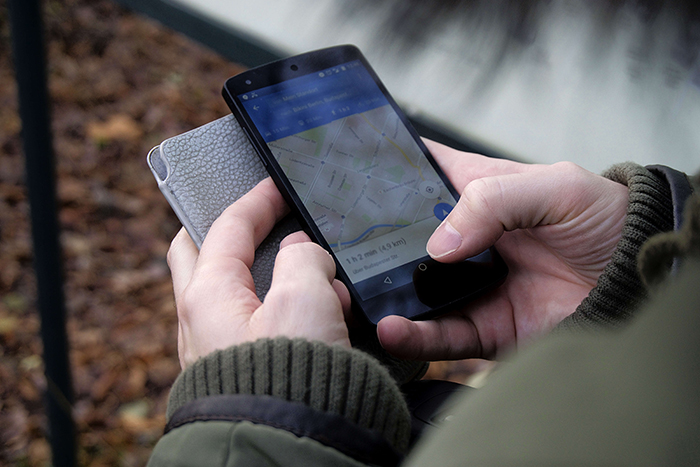Deaf or hearing impaired
New ‘game-changing’ phone app enhances phone accessibility

This app was launched this week to coincide with Deafblind Awareness Week (the last day is today). The app creators have hailed it as a ‘game-changer’ for those who are Deaf and blind or have hearing loss or vision impairment.
Top of page
Chris Mikul’s captioning legacy

Aside for fighting for better captioning on traditional TV, TV streaming and in the online world, he believes that organisations should keep accessibility front and centre in their mind before embarking on any digital communications project or website build.
Top of page
5 simple ways you can dramatically improve your blog’s accessibility
.jpg)
It’s fair to say that the blogging world has boomed in recent years, with more and more people starting a blog or reading a blog on a regular basis. You only have to whisper the world ‘Zoella’ to a tween and they know exactly who they are and get all starry-eyed.
Top of page
Curtin University receives grant to investigate the impact of mobile apps on people with a disability
Apple announces minor software accessibility improvements at WWDC 2016 conference

The conference, which focuses on supporting developers to create new products in the Apple software ecosystem, highlighted a number of improvements across its desktop, mobile, watch and TV set-top-box operating systems, some of which are likely to benefit people with disabilities.
Top of page
PCWA online course aims to promote accessibility
Transcript of: Election websites accessibility report
Philip: I’m speaking with Dr Scott Hollier, the Digital Accessibility Director for Media Access Australia, and author of an investigation into the state of accessibility of websites related to the last federal election in 2013. Well, he’s done it again and has put the major parties, along with the Australian Electoral Commission and the ABC’s Vote Compass, under the accessibility spotlight. Scott, what is the state of play in terms of digital access this time around?
Top of page






